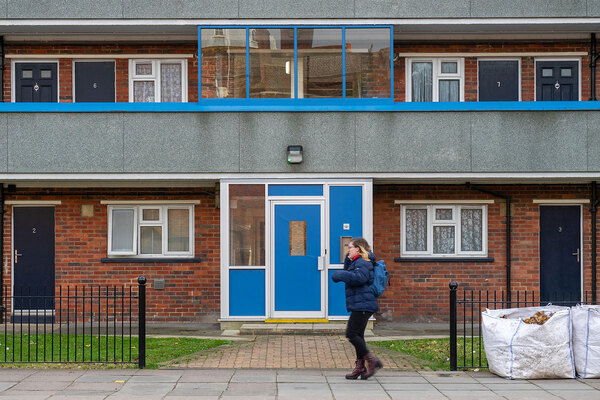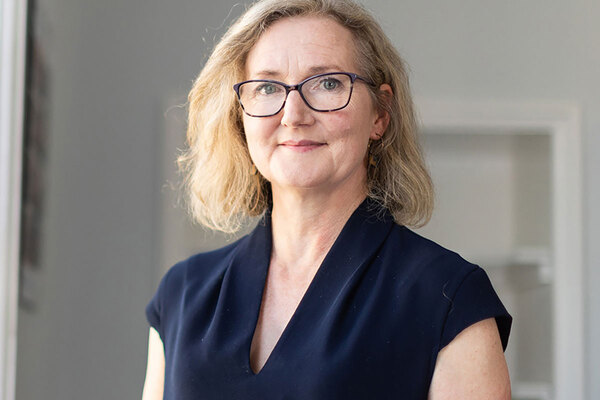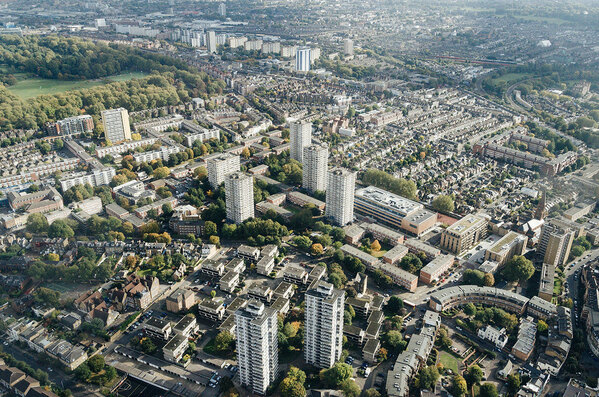You are viewing 1 of your 1 free articles
Government announces review of damp and mould guidance following Awaab Ishak’s death
The government has announced a review of damp and mould guidance to landlords in the wake of two-year-old Awaab Ishak’s death.
In a letter to senior coroner Joanne Kearsley, in response to her ‘prevention of future deaths’ report following the inquest into Awaab’s death, housing secretary Michael Gove said the government will launch a “rapid review” of existing guidance on the health impacts of damp and mould in homes.
This will be followed by new consolidated guidance tailored to the housing sector.
Mr Gove also pledged to table an amendment to the Social Housing Regulation Bill to include ‘Awaab’s Law’, a legal change called for by campaigners that would provide more protection to residents in affected homes.
An inquest into Awaab’s death last year concluded that he died as a result of prolonged exposure to mould in a Rochdale Boroughwide Housing (RBH) flat.
Awaab’s Law, which would give tenants living in mouldy homes more rights and protections, follows a campaign by Manchester Evening News and housing charity Shelter to “make sure no other child, or anyone else, dies due to mould in their home”.
Following the conclusion of the inquest, coroner Ms Kearsley issued a prevention of future deaths report to Mr Gove and health secretary Steve Barclay outlining five concerns and recommended that action should be taken.
The concerns included that the Decent Homes Standard does not give any consideration to the issue of damp and mould. It also gives no guidance on the need for a property to be adequately ventilated.
Ms Kearsley said the data sheet in Housing Health and Safety Rating System (HHSRS), which gives guidance to landlords on identifying and protecting against potential risks and hazards to health and safety in properties, does not reflect the current known risks to health of damp and mould.
She said there was no evidence that up-to-date relevant health information pertaining to the risks of damp and mould was easily accessible to the housing sector.
The coroner also raised concerns about a policy among housing associations that they wait for disrepair cases to conclude before fixing any disrepair issues.
She added that private landlords do not have access to the Housing Ombudsman for their complaints to be investigated independently.
In response, the government said it is “clear” that the Decent Homes Standard review, which is currently underway, is necessary.
It also plans to publish a policy statement on approaches to tackling serious hazards, including damp and mould, in the social rented sector. The statement would specify time limits in which landlords must meet regarding investigating hazards and acting where there are health concerns.
The government is also reviewing the HHSRS.
Mr Gove said: “The HHSRS review follows an initial scoping exercise that concluded in 2019, where landlords, tenants, agents, local authorities and academics told us they appreciated the link the HHSRS makes between housing and health and how it allows individual properties to be assessed on their merits, but that they found it complicated and inefficient to use.”
He said current research is being used to update estimates on the likelihood of harm due to damp and mould alongside other hazards.
He added that, more broadly, the review will improve the HHSRS to make it more up to date.
The review is nearing completion and the government will publish a summary of the findings and set out the next steps by the spring.
Alongside the review, the government is considering the merits of a standalone damp and mould standard.
Mr Gove said it is “crucial” that the housing sector has full access to relevant and up-to-date information, in particular on the health risks of damp and mould.
He said the Department of Health and Social Care and the Department for Levelling Up, Housing and Communities will lead the rapid review of existing guidance on the health impacts of damp and mould in homes and then develop new consolidated guidance tailored to the housing sector.
The government is set to publish the new guidance by the summer.
On landlords waiting for disrepair cases to conclude before carrying out remediation work, Mr Gove said this policy is “wrong” and that housing associations should take rapid action to address residents’ concerns.
He also outlined the government’s plans to introduce a new ombudsman for the private sector, which was announced in the Private Rented Sector White Paper in June.
Mr Gove said: “Awaab Ishak’s death was a tragedy, which shone a light on the appalling conditions that can exist in the social housing sector, and we must do all we can to ensure it never happens again.”
Sign up for our regulation and legal newsletter
Already have an account? Click here to manage your newsletters











